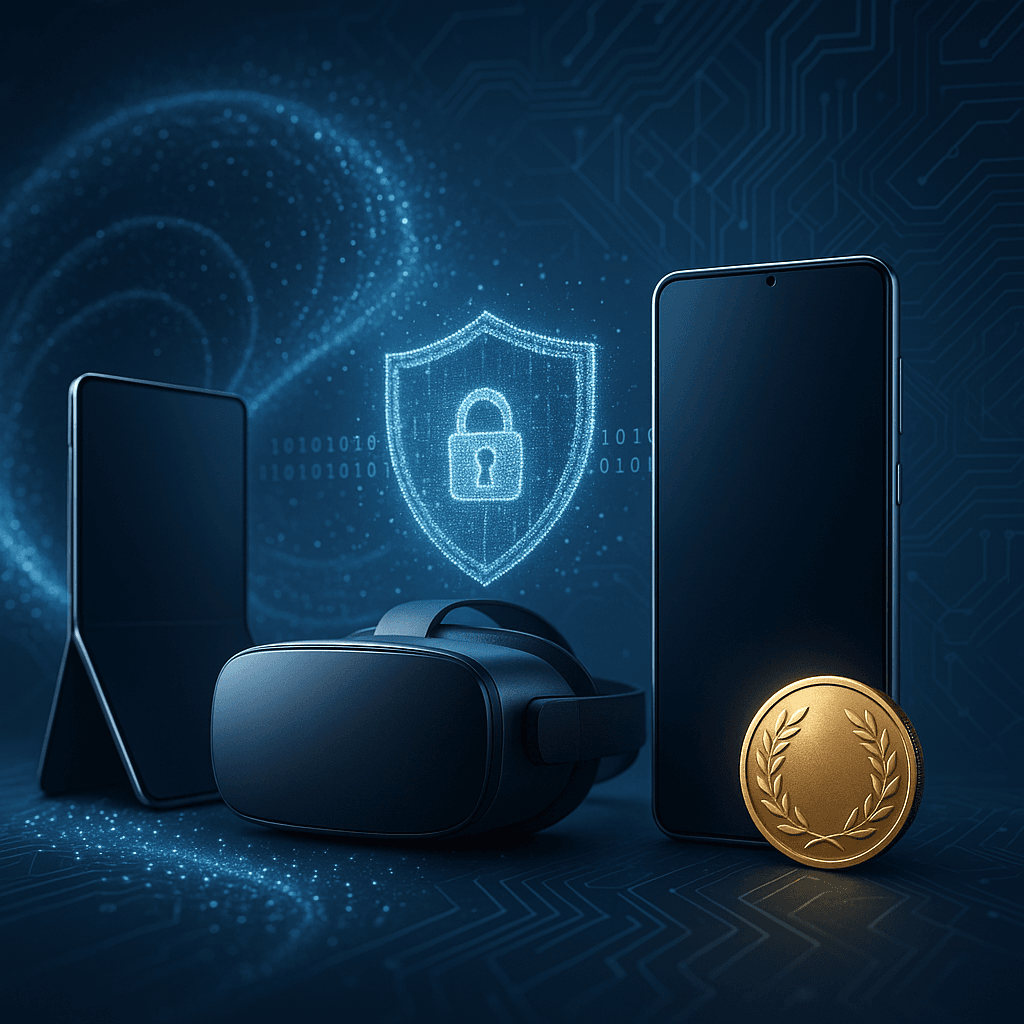Samsung just dominated CES 2026's Innovation Awards with a quantum security breakthrough that could redefine cybersecurity. The tech giant's S3SSE2A chip represents the industry's first embedded security solution featuring hardware-based Post-Quantum Cryptography, while its Galaxy XR headset and foldable devices also earned top honors from the Consumer Technology Association.
Samsung is making waves ahead of CES 2026 with a security innovation that could protect us from quantum computing threats we're not even facing yet. The company's S3SSE2A embedded security chip just earned a Best of Innovation award for being the industry's first to feature hardware-based Post-Quantum Cryptography, and it's not just another incremental upgrade.
The S3SSE2A addresses a looming cybersecurity crisis most people don't even know is coming. As quantum computers become more powerful, they'll eventually break traditional encryption methods, putting everything from personal data to enterprise systems at risk. Samsung's chip gets ahead of this by embedding quantum-resilient encryption directly into silicon, meeting U.S. National Institute of Standards and Technology compliance standards.
"This hardware-level protection goes beyond software-only solutions," according to Samsung's technical documentation. The chip earned CC EAL6+ certification - the highest security assurance level in the industry - and can withstand both physical and digital attacks.
But Samsung's CES dominance isn't limited to cybersecurity. The company's Galaxy XR headset also earned an Innovation Award as the first device built on Android XR, a new platform developed jointly by Samsung, Google, and Qualcomm. This isn't just another VR headset - it's Samsung's attempt to create what they call "a dynamic spatial canvas where users' sight, gestures and voice combine to interact with the outside world."
The Galaxy XR represents Samsung's broader push into extended reality, combining multimodal AI with immersive experiences. Early reports suggest it could transform how we think about personal computing, though Samsung hasn't released specific technical specs or pricing yet.
Meanwhile, Samsung's hardware division continues pushing boundaries with products like the PM9E1 M.2 22×42 - the world's first PCIe Gen5 SSD in an ultra-compact form factor designed specifically for AI PCs. With read/write speeds reaching 14.8GB/s and 13.4GB/s respectively, it's targeting the growing market of AI-powered laptops that need serious storage performance.












